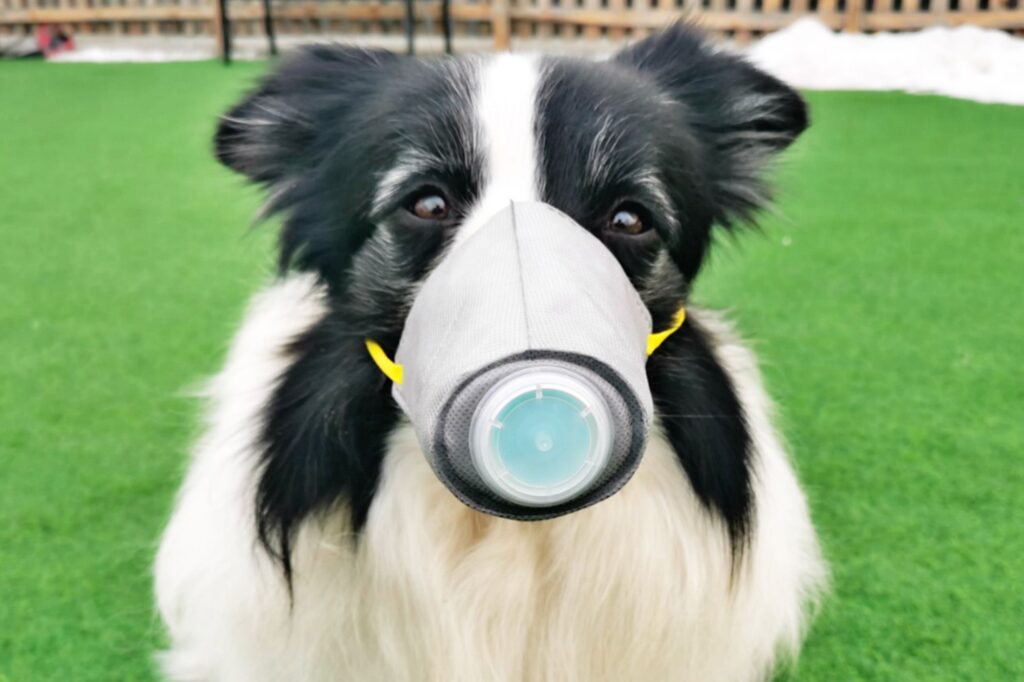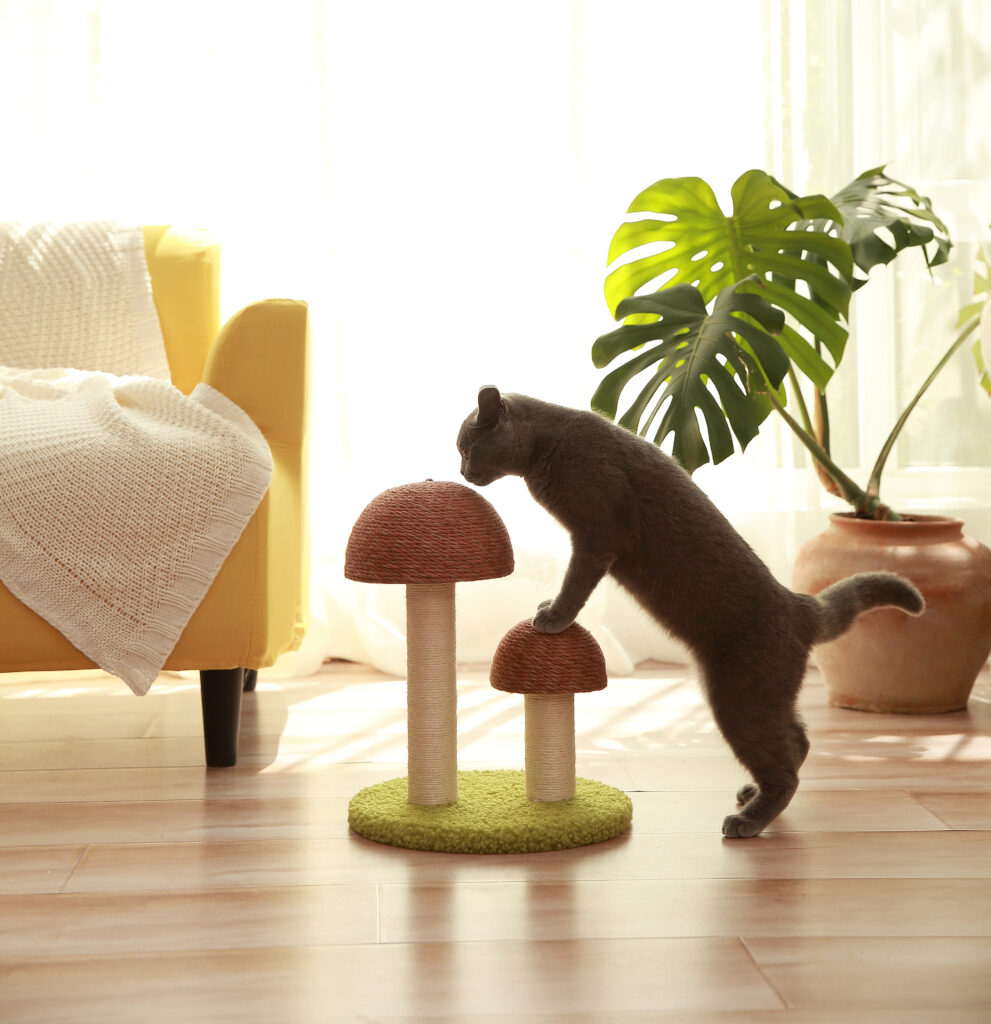In response to the question of “whether pets like dogs and cats can transmit the coronavirus”, the World Health Organization responded that there is currently no clear evidence that cats, dogs and other pets can be infected with the coronavirus.
Please don’t worry and don’t make irresponsible behavior such as abandoning or disposing of pets. However, washing hands with soap and water after contact with pets can significantly reduce the spread of other common germs between pet owners and pets.
Although no actual cases of pets that can transmit the coronavirus have been found, considering our current limited understanding of the coronavirus, pet owners still need to do relevant protection work. During the special period, it is recommended that pet owners and pets stay at home as much as possible, avoid going out, pay attention to pet diet, maintain good interaction at home, do a good job of cleaning the environment, ventilate the home more, and use disinfectant regularly to clean the floor and pets’ daily necessities. Such as cages, nest pads, food basins and water basins.
At present, there is still a big safety risk when going out to walk a dog, which is related to the transmission route of the coronavirus. According to the latest version of the new coronavirus pneumonia diagnosis and treatment plan, respiratory droplets and close contact transmission are the main transmission routes of the coronavirus. We all know that the typical behavior of dogs is to run around and sniff around, especially dogs that have been confined at home for a long time, they will try their best to have fun after going out. In this process, the contact with the ground or objects contaminated by the virus, although the probability is very small, does not rule out the possibility, and then infects humans in close contact with the owner, causing infection. Therefore, we offer the following suggestions to pet owners who have to go out to walk their dogs:
1. Minimize dog walking time as much as possible.
2. Choose a place with few people and open, and do not go to unfamiliar environments or markets, especially places with live poultry.
3. Take precautions, wear a mask yourself, and equip your pet with a leash.
4. Try to avoid close contact with others, do not contact with other pets, and do not touch stray animals.
5. Thoroughly bathe and clean the pet as soon as possible after returning home, and strictly disinfect the leash and other items when going out.



